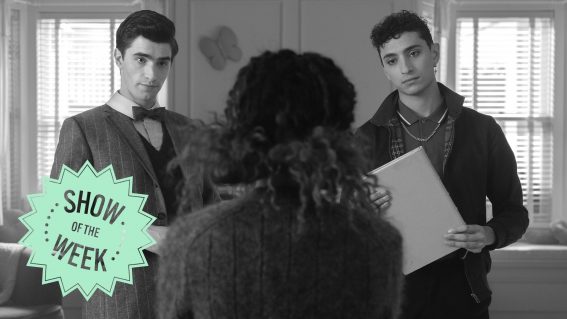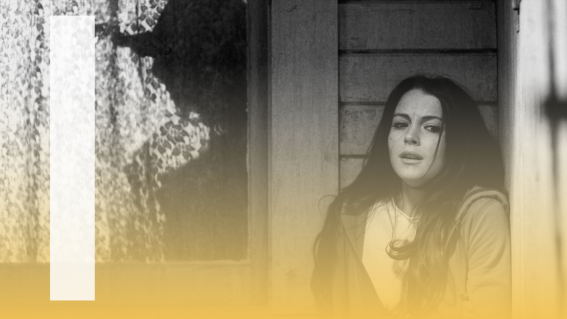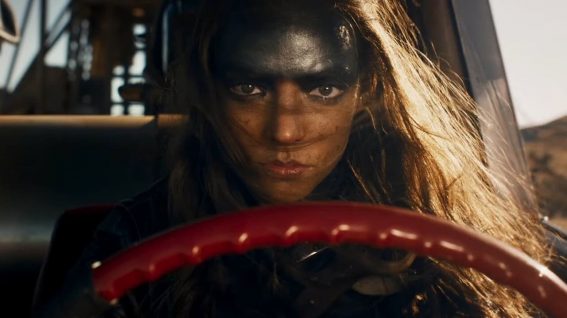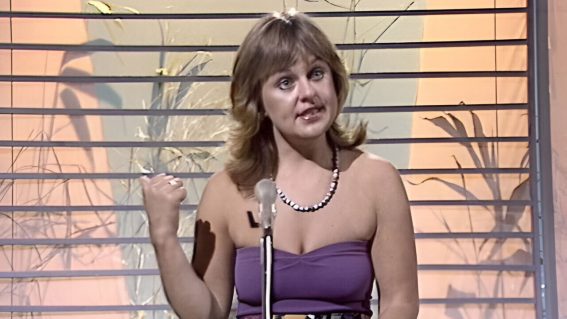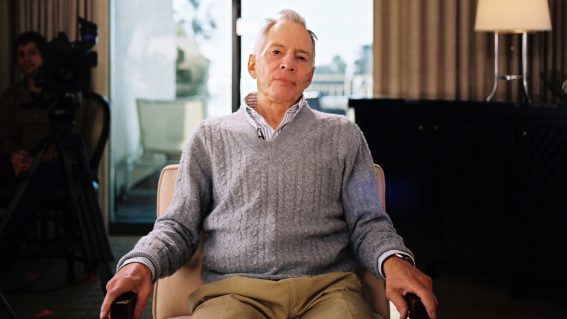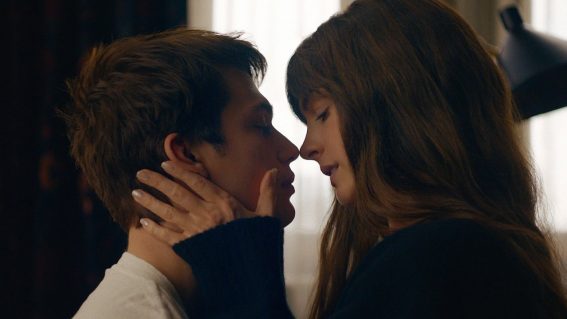Fresh Blood: Five Overlooked Vampire Movies To Sink Your Teeth Into
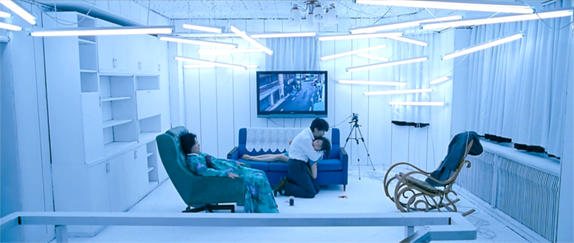
Where the zombie genre has grown somewhat stale, rarely having its limitations challenged nor re-imagined beyond rudimentary splatter, vampires arguably remain the most narratively flexible, most allegorically rich of all monsters. In anticipation of two brand new bloodsuckers heading our way soon – Jim Jarmusch’s Only Lovers Left Alive and Neil Jordan’s Byzantium – here are five of my favourite offbeat, overlooked movies in the genre:
THIRST

Park Chan-wook’s Thirst (2009) may be excessively long, too meandering, and lacking in the immediate cathartic thrills of his Vengeance trilogy, but the upside is there aren’t many revisionings of vampiric lore as insane, outlandish and unpredictable as this one. Loosely adapted from Émile Zola’s 19th century novel Therese Raquin, the film stars Sympathy for Mr Vengeance’s Song Kang-Ho as Sang Hyun, a priest who undergoes an experimental vaccine trial for a deadly virus that accidentally turns him into a super-human vamp.
It’s an irreverent little twist, and Park definitely delivers on the perversely funny kick of seeing a Man of Faith struggle with his newfound bloodlust and resort to surreptitiously slurping out of hospital IV drips to avoid killing people. But that’s only the start of it, as Thirst morphs into a deliriously loony love story that announces itself as a wickedly gonzo corrective to formula vampire films.
TROUBLE EVERY DAY
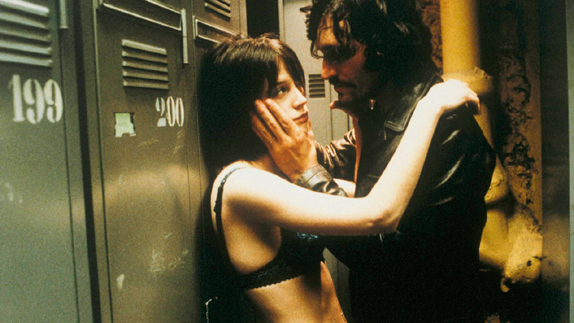
I still cringe every time I see the inexplicable, tacky use of Comic Sans in the credits of Claire Denis’ Trouble Every Day (2001), especially for a filmmaker with such a distinct, developed — and un-tacky — visual sense, but in some weird roundabout way of its own, it does signal that there is nothing “usual” about this film. Thinly plotted but densely atmospheric, Denis’ spacious, elliptical reverie retains the skeletal framework of several identifiable genre tropes of the icky Cronenbergian kind, but rarely honours them, at least in a way that’ll appease traditional horror viewers. The word “vampire” is never uttered, but physical symptoms do manifest themselves in Beatrice Dalle and Vincent Gallo’s characters, both of whom are given sequences of bloodletting that don’t hold back from lingering on the erotic, animalistic undercurrents of their afflictions.
Trouble Every Day turns genre inside out, with Denis’ fluid, sensual, impressionistic style and Tindersticks’ brooding, haunting score generating woozy, oneiric textures that sometimes recall the work of ‘70s European sex-horror auteurs such as Jean Rollin and Jess Franco in feel, if not content and sensibility.
THIRST
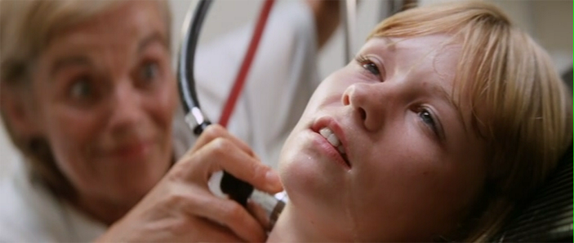
Rod Hardy’s Thirst (1979) boasts such a fantastic modern-day spin on the genre I’m surprised no one has bothered to remake it yet (not that I’m aware of anyway). John Pinkney’s screenplay imagines an industry of “blood farming”, where drugged-up humans are milked for blood which is then covertly shipped in milk cartons to vampires all over the world. One could argue that Thirst doesn’t go far enough with this brilliant premise, but I think it expands its ideas as much as its meagre budget will allow.
Produced by Anthony “Australia’s Roger Corman” Ginnane (Turkey Shoot, Patrick), the film features a clever meld of clinical sci-fi-ish tech (vats of blood, suction tubes, assembly-line facilities) and old, creaky Gothic touches (coffins, candles, cavernous rituals), and is held together by a believably frazzled performance from Chantal Contouri as a woman who discovers she’s the descendent of Countess Bathory when a vampire cult known as the Hyma Brotherhood kidnaps her. The film’s lengthy centrepiece, a dream-within-a-dream sequence that’s a result of Contouri getting “reprogrammed”, is a dazzlingly disorienting psych-out, stylishly directed by veteran TV guy Hardy. In supporting roles, familiar international faces Henry Silva and David Hemmings, both good as high-ranking Brotherhood members, add genre appeal to this highly original thriller.
NADJA
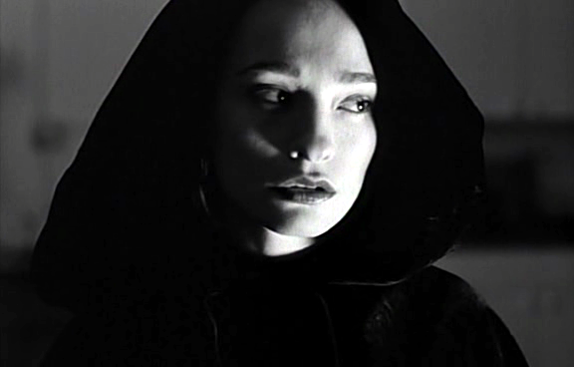
Droll and dream-like — sometimes in the same scene — Michael Almereyda’s Nadja (1994) is a post-modern take of Lambert Hillyer’s 1936 classic Dracula’s Daughter that suggests nothing less than an intersection of David Lynch’s otherworldly, nightmarish imagery and Hal Hartley’s hip, deadpan philosophising in its execution. Almereyda’s decision to shoot portions of the film in PixelVision to evoke the vampire’s perspective is a divisive one, but on repeat viewings, this aesthetic quirk goes down much easier, fitting in with intrinsic strangeness of it all.
The zeitgeist-bottling ‘90s soundtrack (My Bloody Valentine, Portishead), Jim Denault’s ghostly, contrasty black-and-white visuals, Elina Lowensohn’s positively ethereal performance and Peter Fonda’s babbling, kooky characterisation of Van Helsing make Nadja one uniquely stylized, existential vampire pastiche like no other. No surprise that Lynch exec-produced and has a cameo.
HABIT
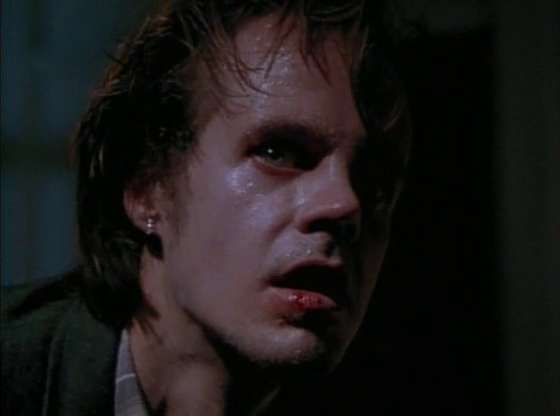
I never felt Larry Fessenden ever got his due as an independent horror director. Although a prolific actor and producer (recent credits include Ti West’s The Innkeepers and House of the Devil), he’s only directed a handful of features. His best-known works (though not well-known enough) — No Telling, Habit, Wendigo, The Last Winter — are more intelligent and interesting than much of what passes off as “horror” these days, off-setting their low budgets with thoughtful ideas. Three A’s figure strongly in Fessenden’s films — ambiguity, allegory, atmosphere — and 1995’s Habit (actually a remake of his earlier ‘82 film) is perhaps his most well-rounded calibration of these elements, a low-key but engrossingly character-focused tale of vampirism-as-alcoholism.
The thing that strikes you most about Habit is its deep sense of place: Fessenden’s gritty location shooting in New York exudes a seedy, grungy realism that eschews any of the grandiose theatricality one might associate with the genre. It’s reflected in the main character too: Sam (Fessenden), a hard-drinking loser who’s trying to get over the recent death of his father and a messy break-up by hooking up with a kinky, mysteriously nocturnal girl named Anna (Meredith Snaider). Their torrid sexual encounters invariably end with blood drawn in some manner, an addiction to which Sam likens to “having hot milk run through your veins”. But rather than explicitly state the true nature of Anna’s being, Fessenden spends a good deal of time building the toxicity of their relationship, before allowing the hallucinatory passages of Sam’s psychological disintegration to entertain the possibility that her behaviour may also be a by-product of his out-of-control boozing. One of the best indies of the ‘90s, vampire or otherwise.

